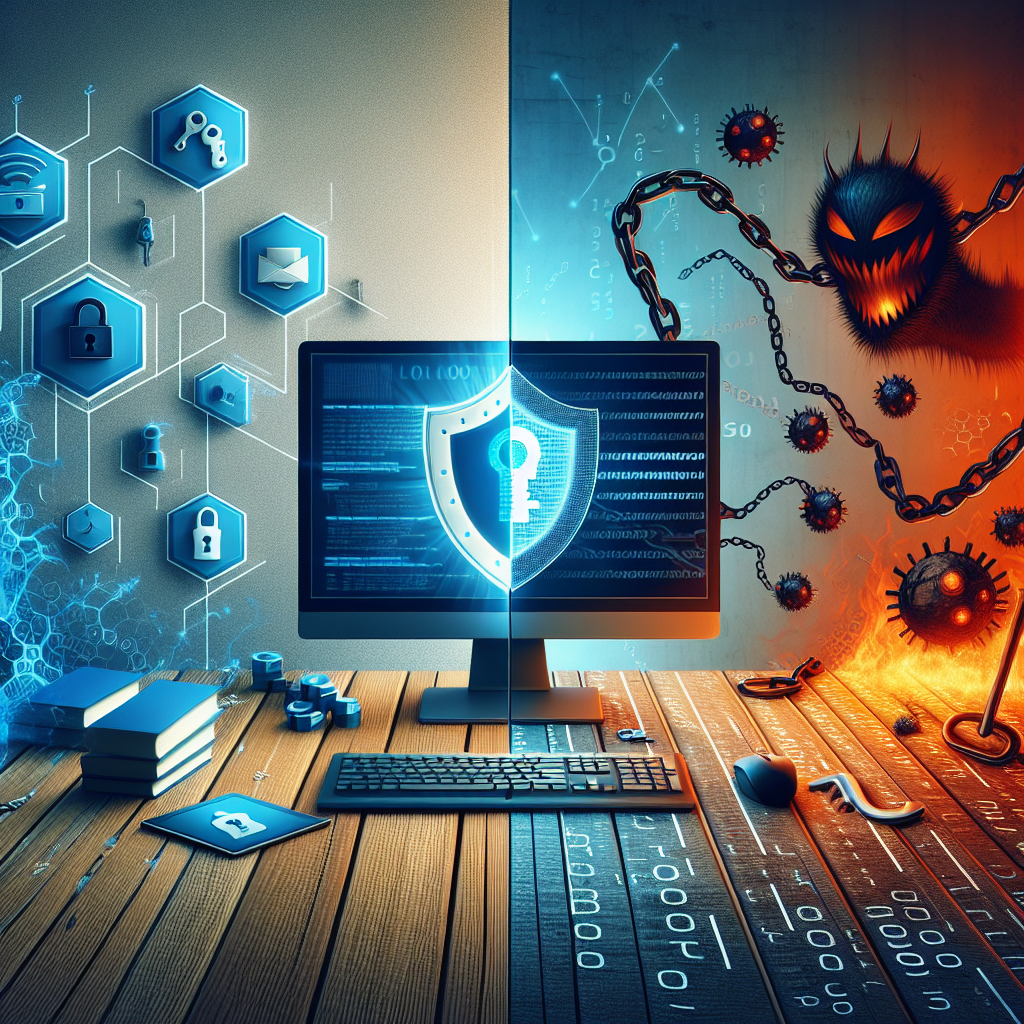Your cart is currently empty!
How to Stay Safe Online: Tips for Personal Cybersecurity

In today’s digital age, staying safe online is more important than ever. With cyber threats becoming increasingly sophisticated, it’s crucial to take steps to protect your personal information and data. Here are some essential tips for ensuring your cybersecurity:
1. Use strong, unique passwords: One of the most basic yet effective ways to protect your online accounts is to use strong, unique passwords for each account. Avoid using easily guessable passwords like “123456” or “password.” Instead, use a combination of letters, numbers, and special characters to create a strong password.
2. Enable two-factor authentication: Two-factor authentication adds an extra layer of security to your accounts by requiring you to enter a code sent to your phone or email in addition to your password. This helps prevent unauthorized access to your accounts even if your password is compromised.
3. Be cautious of phishing emails: Phishing emails are a common tactic used by cybercriminals to trick you into revealing sensitive information. Be wary of emails that ask you to click on a link or provide personal information, especially if they come from unfamiliar or suspicious sources. Always verify the sender’s email address before clicking on any links or attachments.
4. Keep your software up to date: Software updates often include security patches that help protect your devices from vulnerabilities. Make sure to regularly update your operating system, web browsers, and other software to stay protected against the latest threats.
5. Use a VPN: A virtual private network (VPN) encrypts your internet connection, making it more difficult for hackers to intercept your data. Consider using a VPN when connecting to public Wi-Fi networks to secure your online activities.
6. Limit the information you share online: Be mindful of the information you share on social media and other online platforms. Avoid posting sensitive information like your address, phone number, or financial details, as this information can be used by cybercriminals for identity theft or fraud.
7. Monitor your accounts regularly: Regularly monitor your bank accounts, credit card statements, and online accounts for any suspicious activity. Report any unauthorized transactions or changes to your accounts immediately to prevent further damage.
By following these tips for personal cybersecurity, you can help protect yourself from cyber threats and keep your personal information safe online. Remember to stay vigilant and proactive in safeguarding your digital assets to stay one step ahead of cybercriminals.

Leave a Reply